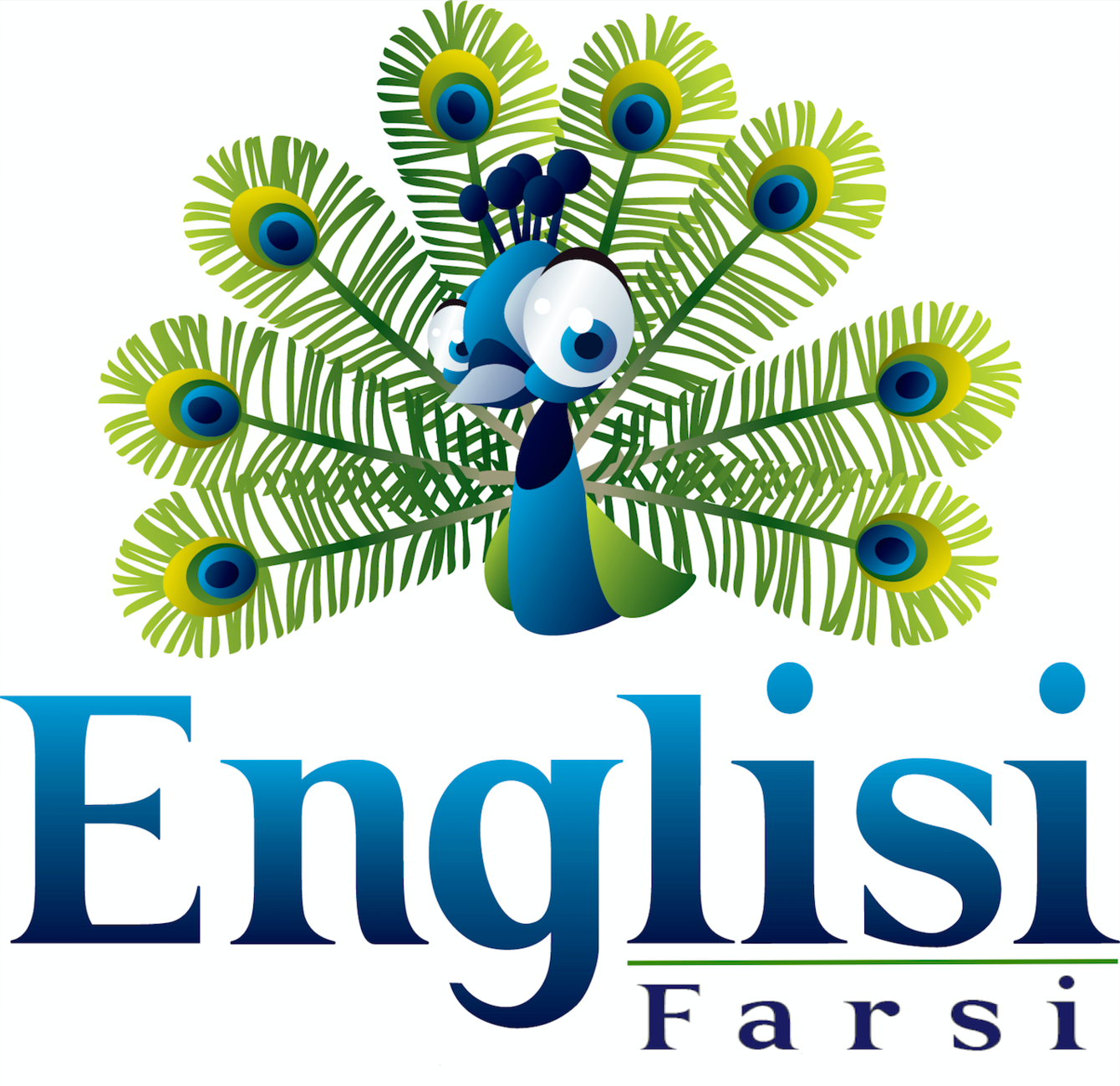Persian or Farsi? That is the question
By Moná Kíání
Would my two-year old son speak Persian or Farsi?
Frankly that was not THE question when I decided to develop a bilingual series of books and e-books for children of mixed Persian parentage.
I was just desperately looking for resources to help my toddler son learn Farsi. The sheer irony was, as a child, I hated learning Farsi. I was always looking for ways to skip the weekly classes.
Here I was, your typical second generation Iranian of the Persian diaspora. Then again, maybe not quite. I was born in Taiwan, raised in Australia by Persian parents, and grew up surrounded by family and friends who spoke to me in Persian, Mandarin and English. But honestly, English was my preferred language.
I never thought much about being Persian until I was pregnant with my son. And having a Singaporean husband of mixed parentage only strengthen that desire to reconnect with my roots. I wanted my son to know and appreciate the rich Persian heritage that I myself had learnt to love. Language was a cornerstone of my identity and would be his too.
Problem was, all the children’s resources available were in Persian and English alphabet. After a period of futile searching, I decided to develop my own teaching tools in ‘Finglisi’ (Englisi Farsi) for my son and husband – as well as for my Australian and Irish sisters-in-law. It is similar to how Hanyu Pinyin allows one to read and speak Mandarin using an adapted set of English letters.
I navigated through a web of transliteration methods. Some used double vowels, while others implement a series of dots, squiggles and accents. In between my day job as a clinician pharmacist, and after countless hours of research, the “Englísí Fársí” series was born.
Since then, there have been many comments and messages about the name Englísí Fársí with ongoing discussions in social media. There were strong opinions about what was considered 'correct' in describing our language.
The Oxford dictionary 2017 defines Farsi as (noun): The modern Persian language, the official language of Iran. An Australian University describes the language course as a Farsi language course when inviting prospective students to learn "basic Farsi language." Lonely Planet has a Farsi (Persian) Phrasebook. A number of other books and dictionaries also reference Farsi.
The Persian Academy of Iran describes the language as Persian, as did other scholars. Some Persian linguists are vehement that Persian is how the language should be described. International broadcasters like the BBC, Voice of America and KIRN describe their language services as "Persian" not "Farsi". Google Translate uses Persian as the descriptor for this language!
But there is more to the Persian language than just Farsi. Dari, Tajik & Farsi are all branches of the Persian Language. Dari is native to Afghanistan, Tajiki is used in Tajikistan and Uzbekistan while Farsi is spoken in Iran.
Farsi is how Persians or Iranians describe their language. So you would not say "Shomá Persian baladí?" but rather "Shomá Fársí baladí?"
Englisi Farsi is, in fact, a transliteration of English-Persian as spoken by Persians.
So, going back to the question at the start of this conversation. Will my son speak Persian or Farsi? Frankly, the question doesn’t matter as long as he does.
How many of us are fluent as second and third generation Persians? How many of us can read Hafiz in the original script and understand its depth and beauty? The aim of this post is not to divide or invite controversy. It is simply to highlight that in the end whether you choose to describe the language as Farsi or Persian- it is still one and the same.
Would a rose still not be a rose, whatever name we choose to describe it? Would the Persian language not be as sweet and melodious whether we choose to call it Persian or Farsi?
Surely, it is far better that we instill and inspire the love for our language and culture to future generations than nitpick over how we should describe it. Our language is fabulous, irrespective of how we choose to describe it!
Now, should we describe ourselves as Iranians or Persians? Well, that’s a discussion for another forum!
........
"What's in a name? that which we call a rose
By any other name would smell as sweet;"
Romeo & Juliet
William Shakespeare
Mona Kiani is a self-published author of Englisi Farsi Bilingual Book and eBook series. Teach Persian in English. www.englisifarsi.com
Mona can be reached at englisifarsi@gmail.com
